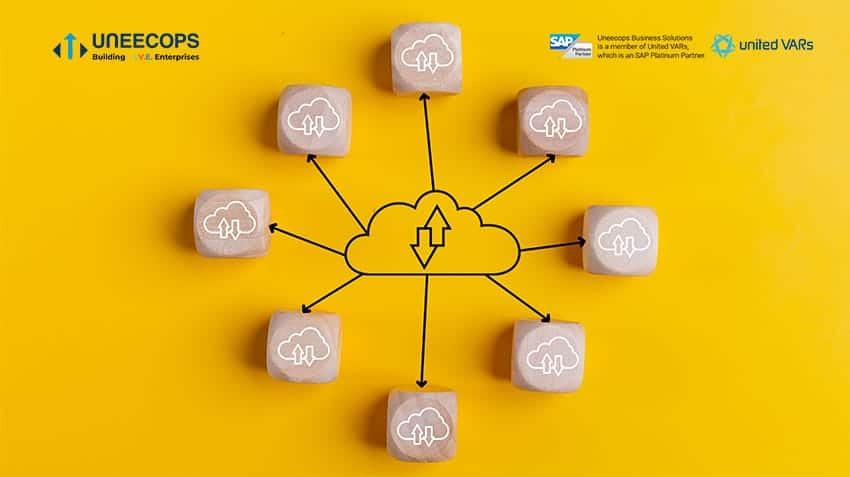Organic Search vs. Paid Search: What’s The Difference?

Search engine optimization (SEO) and pay-per-click (PPC) advertising are two of the most common ways businesses try to get their websites found online. Both have their advantages and disadvantages when it comes to driving relevant traffic to a website. Understanding the key differences between organic search and paid search can help businesses make informed decisions about their online marketing strategies.
What Is Organic Search?
Organic search refers to unpaid search results that appear because they are relevant to a user’s search query. Websites rank for keywords and phrases based on algorithms and protocols set by search engines like Google. The goal of organic SEO is to help pages rank higher in search engines’ unpaid result pages through optimization techniques like keyword research, site architecture adjustments, backlink building, and technical enhancements.
Some benefits of ranking highly in the organic search include:
- Increased brand visibility and authority – Appearing on the first page, especially in the top 3 results, lends credibility to a company’s website.
- Higher conversion rates – Searchers are more likely to click on and convert from organic results versus paid ads.
- Free traffic – Organic rankings send targeted visitors to sites for free rather than having to pay for each click.
- Long-term results – Unlike paid ads that stop showing when budgets run out, organic rankings continue driving traffic as long as pages are maintained and rankings don’t drop.
An organic SEO company can help websites improve organic rankings through comprehensive SEO strategies tailored to their business goals.
What Is Paid Search?
Paid search refers to search engine ads that businesses pay for, usually either pay-per-click (PPC) ads on Google and Bing or cost-per-thousand (CPM) ads on platforms like Facebook and Instagram. With paid search, advertisers bid on keywords relevant to their offerings and create targeted ads. When searchers look for those keywords, the ads may show above or alongside organic results on search engines, or within social media feeds.
Advertisers pay only when their ads are clicked on or viewed at least 1,000 times. Some benefits of paid search and PPC include:
- Predictable – Marketers can determine their costs upfront and control budgets efficiently.
- Measurable – Detailed analytics show clicks, conversions, costs, and other valuable data.
- Flexible – Campaigns can be adjusted to meet changing needs or scale up and down as needed.
- Quick results – Ads can go live in minutes and start driving traffic right away.
- Targeting options – Advanced targeting features help zero in on specific demographics and high-value audiences.
While organic search aims for long-term growth, paid search offers immediate results that complement SEO. Many businesses find using both maximize their online visibility.
Key Differences Between Organic And Paid Search
Despite their synergies, organic SEO and paid search have fundamental differences marketers need to weigh when mapping out marketing strategies and budgets:
Appearance
Organic rankings are earned through optimization and time, so they appear integrated with regular search results. Paid ads look different – usually labeled “Ad” and separated in search engine results pages. Paid ads are also used in social media feeds and across advertising networks.
Traffic Volume & Quality
High organic rankings can generate large volumes of traffic from searchers who trust organic results. Paid ads have to compete for user attention against all other ads on a page. However, paid search allows targeting niche keywords with less competition to hone in on serious searchers.
Cost
Organic SEO requires an upfront investment of time and optimization work, but no ongoing fees once rankings are achieved. Paid search requires a budget to continuously fund campaigns to keep ads running and generating clicks. Marketers must monitor return on ad spend (ROAS).
Control
Organic rankings are largely outside a website’s control, relying on search engine algorithms. Paid ad visibility, keywords, placements, budgets, and other factors can be adjusted instantly by advertisers.
Effort Required
SEO is an ongoing process requiring monitoring and frequent updates as trends and algorithms shift. Paid search needs regular optimization too but ads can start driving traffic as soon as billing and targeting are set up.
Results Timeframe
It can take months of effort for SEO to drive noticeable organic traffic, whereas paid search offers instant results. However, SEO delivers lasting rankings while paid search requires ongoing budgets.

The Financial Side of Moving: Budgeting and Saving Tips

Making Memories: International Rakhi Celebrations and Traditions

What Makes the #1 Ranked Email Data Service Essential for Your Business?

Pre-Requisites Before Applying for an Instant Personal Loan

Embrace the Magic of Turkey: An Unforgettable Visit

The Financial Side of Moving: Budgeting and Saving Tips

Making Memories: International Rakhi Celebrations and Traditions

What Makes the #1 Ranked Email Data Service Essential for Your Business?








